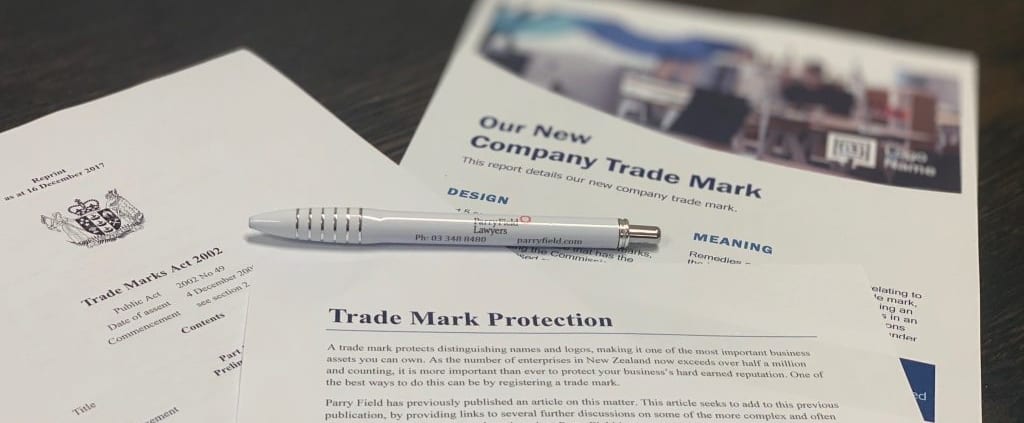To properly classify and protect your trade mark, IPONZ requires each trade mark to be registered within one or multiple goods or services specifications. You must also currently trade, or hold an honest intention to trade in each of the categories you specify. New Zealand uses the World Intellectual Property Office’s ‘Nice Classification’, which contains 45 classes of goods and services.
Of these 45 classes, classes 1 to 34 categorise goods, while classes 35 to 45 categorise services. For example, class 25 includes clothing, footwear and headgear, while class 37 includes construction and repair services. Within these 45 classes, goods and services specified range from abacuses to zip fasteners, art hire to zoological garden services.
With so many categorised types of goods and services, you may find it helpful to use this search database to see what class/classes your good or service falls within. Alternatively, you can find an alphabetically ordered list of all of the ‘Nice Classification’ classes here.
Properly classifying your trade mark is important both before and after you trade mark is registered. To process your application, the class/classes you have applied in will help determine whether the trade mark has distinctive character or is confusingly similar to any already existing trade marks.
Upon successful registration, the specification of the trade mark will also determine the trade mark owner’s rights where they might need to take legal action against an infringing mark by another company. Where the infringing mark is in the same class as specified by the existing trademark, the owner will have a greater claim against that infringement.
For example in a recent High Court case, the court rejected an application for the trade mark ‘Shacman’ in class 12 (commercial vehicles). The court reasoned that the infringing trade mark was likely to deceive or be confused with an already existing trade mark; ‘Man’. Highly influential in this decision was the fact that the already existing trade mark was also registered in class 12.
Therefore, while taking extra care to ensure you register your trade mark in the right class/classes might seem pedantic, it will better protect your intellectual property from infringing trade mark applications in the future.
Should you need any assistance with these, or with any other Commercial matters, please contact Kris Morrison or Steven Moe at Parry Field Lawyers (+64 3 348 8480).
For a more general overview of registering a trade mark, please see our original article here.



